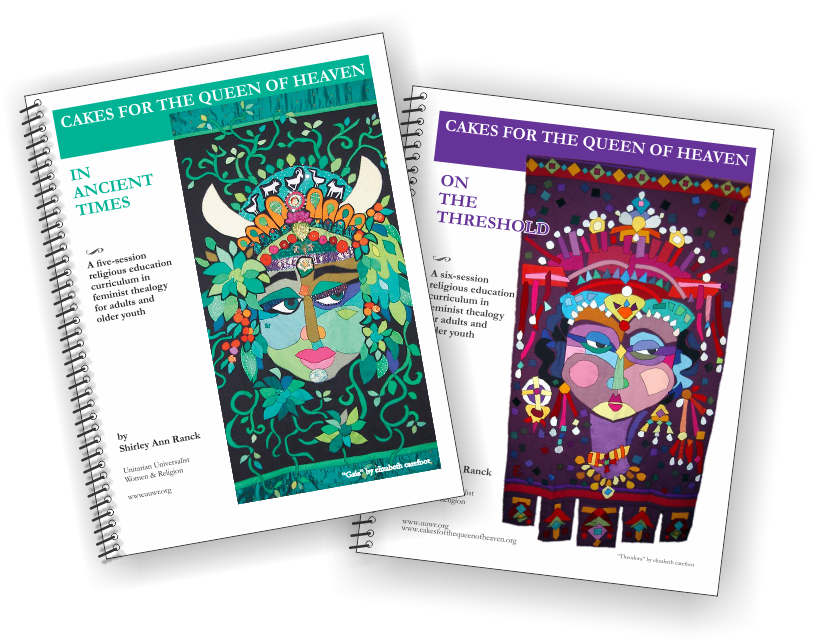AHEAD OF HER TIME
By Bell Gale Chevigny
Boston Globe - Boston, Massachusetts, July 17, 2000
One hundred fifty years ago, in the early hours of July 19, a storm drove the freighter Elizabeth onto a sandbar near Fire Island, the cargo of Carrara marble broke through the hold, and the ship stuck fast, pitched sideways. When the light came up, the voyagers could make out the pirates lining the shore, waiting for loot, but no rescuer braved the waves.
Clinging to planks, some passengers survived, but one, refusing to abandon her small child, went down with the ship.
This was the brilliant and bold Margaret Fuller, dead at 40. A Massachusetts original, she was our first woman to be a major public intellectual. She had dedicated her considerable talents to exploring the potential of the American Revolution and fostering a more inclusive democracy.
Precocious and high-spirited in the heady days of Transcendentalism, Fuller taught in experimental schools and, editing the Dial, promoted "immoral" writers like Byron, Goethe, and George Sand. She gave talks at the utopian community Brook Farm and made Emerson laugh more than he liked. Her celebrated conversations for wives and daughters of Boston ministers and reformers - a cross between seminar and salon - taught participants to "think aloud." Edgar Allen Poe is said to have remarked: "There are three species: men, women, and Margaret Fuller."
An outsider to power, Fuller understood the plight of the excluded and the contributions their inclusion might bring. All of her work challenged our fledgling democracy to bring new human potential into the world. Fuller's ground-breaking "Women in the Nineteenth Century," published in 1845, applied the Declaration of Independence to women, calling Americans to "rise above the belief that woman was made for man."
Dependence on men, she wrote, "has led to an excessive devotion, which has cooled love, degraded marriage, and prevented either sex from being what it should be to itself or the other."
Racial supremacy troubled her on a visit to the Great Lakes. In "Summer on the Lakes" in 1843 she assailed the materialism of the Western pioneers and lauded the Native Americans, with their respect for the land, as exemplary settlers. In the prejudice of whites she discerned the dynamics of racism: the "aversion of the injurer for him he has degraded."
When this book inspired Horace Greeley to offer her a star position on The New York Tribune, Fuller took on slavery, the war in Mexico, capital punishment, and our national arrogance, arguing that they betrayed American principles. She wrote sympathetically about the disenfranchised - the poor, the mentally ill, women imprisoned at Sing-Sing, African-Americans, and immigrants. Once we accept ourselves as a "mixed race, continually enriched with new blood from other stocks," she argued, America will develop a unique culture.
Going abroad in 1846 as foreign correspondent, Fuller introduced Tribune readers to progressive ideas and experiments - workers' schools, day-care centers, public laundries - she encountered in Great Britain, France, and Italy.
In 1848, while the United States struck her as "spoiled with prosperity, stupid with the lust of gain, and soiled by crime in its willing perpetuation of slavery," its revolutionary spirit seemed to have leaped the Atlantic to inflame the republican insurgents of France, Austria, and Italy. Of the heroic defense of the Roman Republic, she wrote, "This is what makes my America."
To reinvigorate US idealism, this cosmopolitan urged informed attention to other peoples for her nation's own integrity and growth.
Her passionate defense of the Roman Republic, her condemnation of the French invasion to overthrow it, her direction of a hospital for the wounded - all this excited controversy among Tribune readers.
After Rome fell in 1849, many in her circle were scandalized by belated news of her union with Giovanni Angelo Ossoli, a captain of the radical Civic Guard, and of the birth in secret of their son. Fuller, Ossoli, and their child took refuge in Florence before setting out on their ill-fated voyage.
For more than a century she was caricatured and her work distorted. Recently her foresight has sparked a return to her work, and for the first time all of her provocative writing is available. Her struggle against supremacy - whether of gender, race, class, or nation - and her commitment to engaging all people in fruitful dialogue speak powerfully to our enduring national troubles.
Abstract (Document Summary)
Precocious and high-spirited in the heady days of Transcendentalism, [Margaret Fuller] taught in experimental schools and, editing the Dial, promoted "immoral" writers like Byron, Goethe, and George Sand. She gave talks at the utopian community Brook Farm and made Emerson laugh more than he liked. Her celebrated conversations for wives and daughters of Boston ministers and reformers - a cross between seminar and salon - taught participants to "think aloud." Edgar Allen Poe is said to have remarked: "There are three species: men, women, and Margaret Fuller."
An outsider to power, Fuller understood the plight of the excluded and the contributions their inclusion might bring. All of her work challenged our fledgling democracy to bring new human potential into the world. Fuller's ground-breaking "Women in the Nineteenth Century," published in 1845, applied the Declaration of Independence to women, calling Americans to "rise above the belief that woman was made for man."
When this book inspired Horace Greeley to offer her a star position on The New York Tribune, Fuller took on slavery, the war in Mexico, capital punishment, and our national arrogance, arguing that they betrayed American principles. She wrote sympathetically about the disenfranchised - the poor, the mentally ill, women imprisoned at Sing-Sing, African-Americans, and immigrants. Once we accept ourselves as a "mixed race, continually enriched with new blood from other stocks," she argued, America will develop a unique culture.
Bell Gale Chevigny is a professor emeritus of literature at Purchase College, State University of New York and is author of "The Woman and the Myth: Margaret Fuller's life and Writings."
Reproduced with permission of the author.


